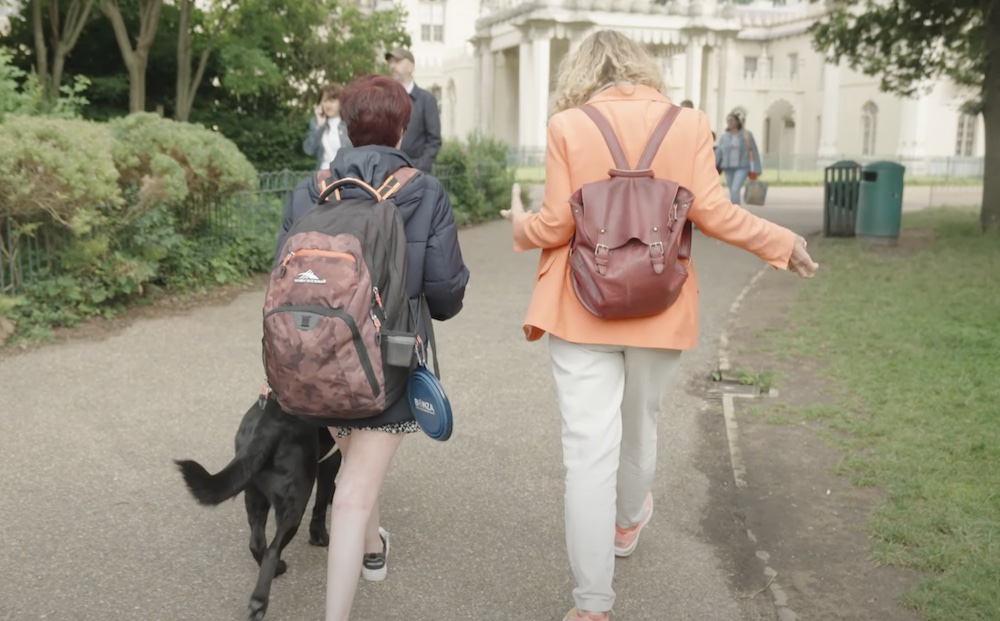Every situation is different, but often the dog owner of a guide dog is confronted by an employee who is not aware of the legislation.
The indispensable companions are still refused despite clear legal regulations. Assistance dog owners in the Netherlands still experience obstacles in their daily lives. Recent research, conducted on behalf of Hulphond Nederland, shows that as many as one in five owners of an assistance dog have had to deal with a refusal to enter somewhere. This is despite the legal provisions that have been in force since 2016 UN treaty about the rights of people with disabilities, who emphatically state that an assistance dog is welcome everywhere.
The main places where service dogs and their owners encounter a wall of misunderstanding are food and beverage outlets, shops, medical facilities, and public transport, including taxis. The reasons for these refusals vary, but hygiene regulations and unfamiliarity with the UN treaty are often cited. It is striking that assistance dog owners are usually confronted on the spot with a refusal by employees who are not aware of the relevant legislation.
discussion
For example, recently one incidents reported that a woman was not allowed to take her previously registered guide dog with her in a taxi intended for patient transport, which resulted in a heated discussion. This illustrates a broader problem: the inconsistent application of rules and varying degrees of awareness among staff in different sectors.
The situation is not only frustrating for service dog owners but can also lead to legal action. If a conversation does not help, those involved can file a complaint with the agency where they were refused or report it to the Netherlands Institute for Human Rights. In the event of multiple reports of inaccessibility, this body may decide to conduct an investigation to determine whether the denial of access can be regarded as discrimination. Although the Board's decisions are not binding, they are adopted by the court in 80% of cases.
Since July 14, 2016, the UN Convention on the Rights of People with Disabilities has been in force in the Netherlands and officially became law. This means that, in addition to educational institutions, employers, housing providers and transport companies, catering establishments, museums, shops, cinemas, insurers and healthcare institutions must now also comply with the law.

"We think it is important that our assistance dogs-in-training and their handlers are also allowed everywhere."
KNGF Guide Dogs
The new Hygiene Code for catering establishments, in force since April 1, 2016, clearly states that assistance dogs must have access to restaurants, including those with an open kitchen or buffet restaurants. However, there are exceptions, such as certain departments in hospitals where the presence of an assistance dog is not possible due to the risk of infection. In most cases, assistance dogs are welcome in hospitals, provided that the staff is consulted in advance.
KNGF Guide Dogs emphasizes that not every environment is suitable for assistance dogs. Locations such as festivals, pop concerts and other busy events can be overwhelming for the animals, causing them to lose their guiding function. This position underlines the complexity of the discussion surrounding accessibility for assistance dogs, where not only rights and obligations but also the welfare of the dog must be taken into account.




